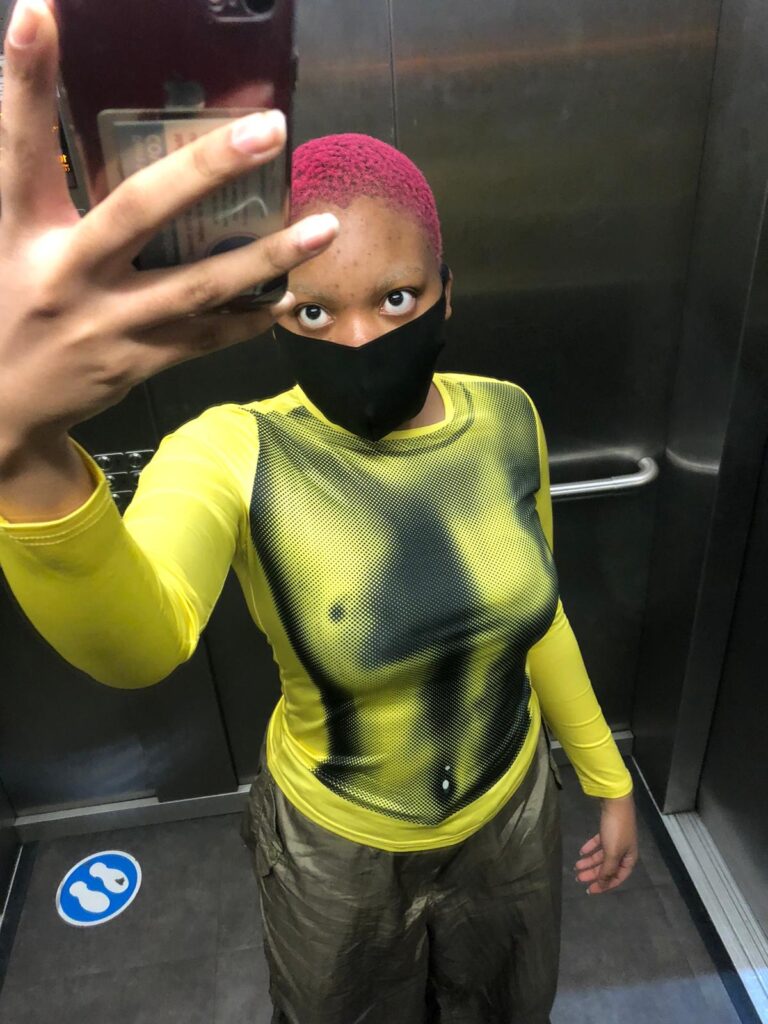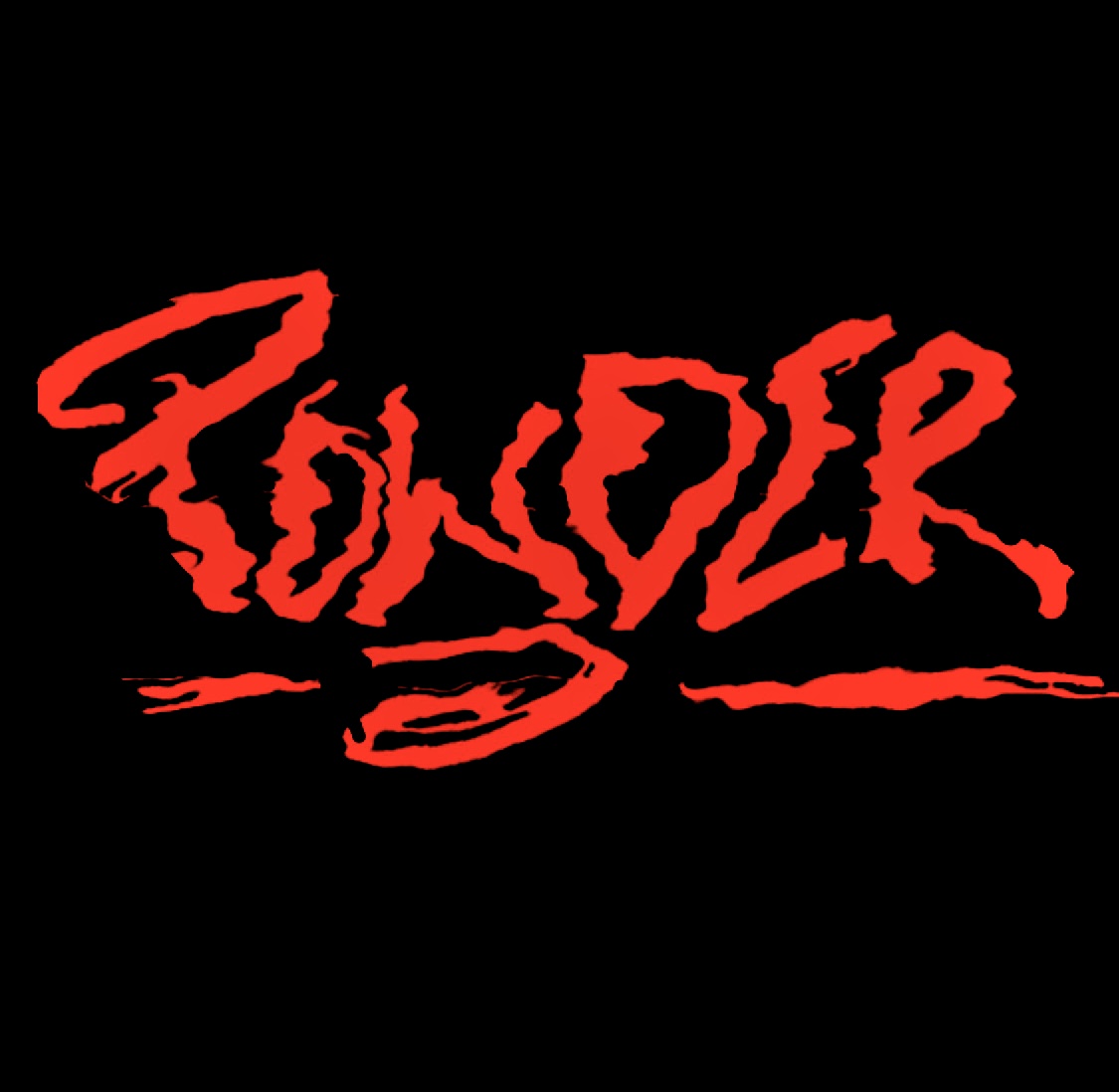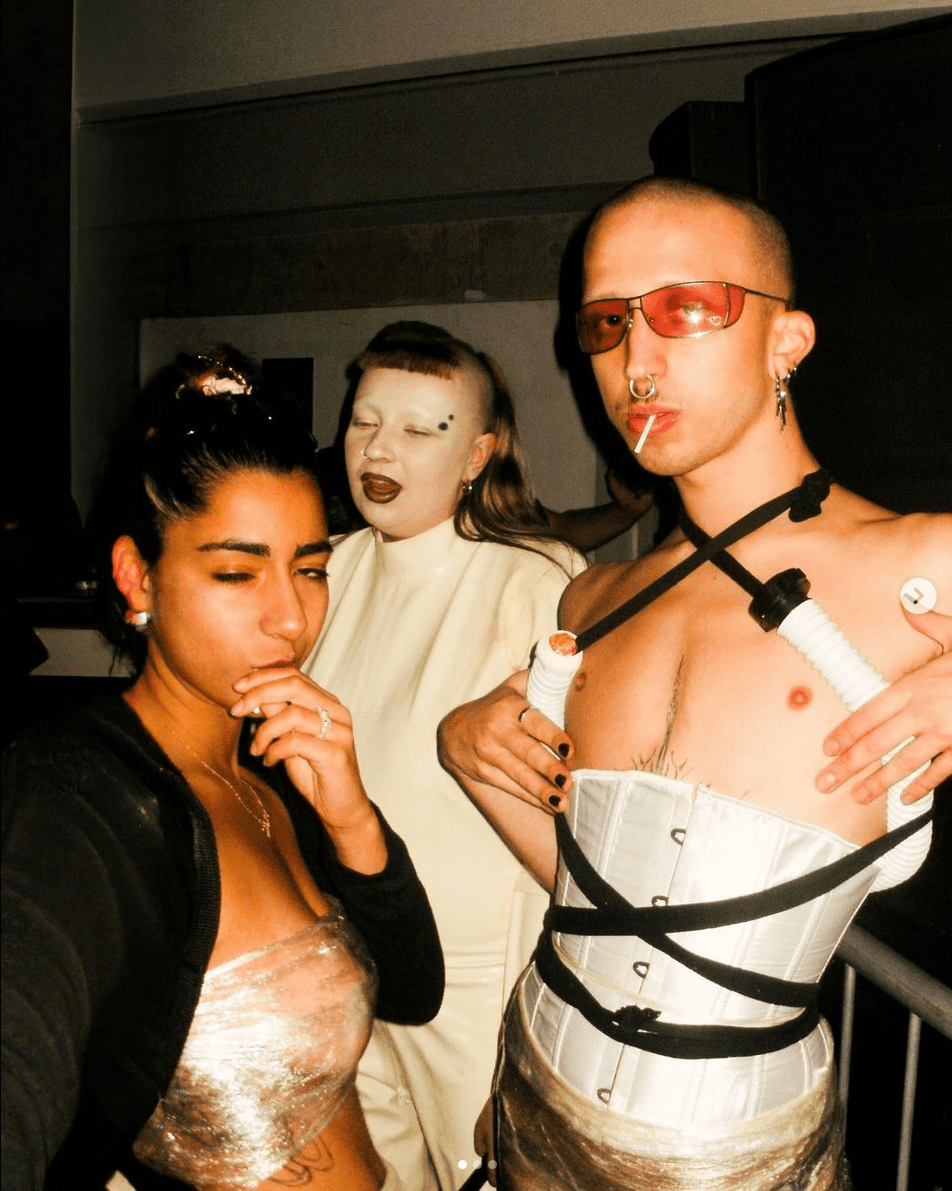From helping us to express political disenchantment to shattering constraints of the gender binary: 4 reasons why the buzz cut is an understated gift to subcultural Britain.
The hair atop the human head is anthropologically complex.
Culturally, it is one of the only parts of our bodies routinely harvested and altered in many ways for many reasons. For men in the western world, there is a rampant correlation between thickness and desirability: fuller hair signaling virility, and a short, conservative style conveying masculine authority. For women, long length traditionally poses a resource for limitless, intricate expressions of innate femininity.
Bollocks to all that.
While hair is susceptible to the allure of mainstream trends and conventions of styling in dominant culture, it is also something that can unify you with a philosophy or group of people more specifically aligned with who you are. At the same time, it is also completely personal, and a tool that can be used to assert one’s individuality. A style which is arguably overlooked and seen as devoid of character, but is more symbolic and versatile than any other in these respects (especially when thinking about British subculture) is the buzzcut.
Subcultures have been there to subvert the sensibilities of ordinary British society for decades. We have seen those belonging to these political undercurrents surface as ska-worshipping skinheads, punks, post-punks, far right militant groups, and ecstatic androgynous ravers, to name only a few. The slap-head sensation has been there to signify them all – unchanging in its form but always powerful and exact in expressing the attitudes of each subcultural iteration.
Here are four reasons, informed by the stories of three fashionable individuals, why the simple buzzcut remains a timeless and important style for alternative Britain.
For a musical demonstration of the importance of the buzzcut, listen to our Slapheads Soundtrack playlist to explore the prominent genres associated with the style.
Reason 1: Clean Slate for Style Experiments
The bald-but-not-quite simplicity of a buzzcut allows room for maneuver when it comes to experimenting with style. Sihle (she/her), 23, is a woman who enjoys the rich buffet of bygone styles to choose from in the present day, and having a shaved head is a huge part of exploring fashion as a means of expressing herself.
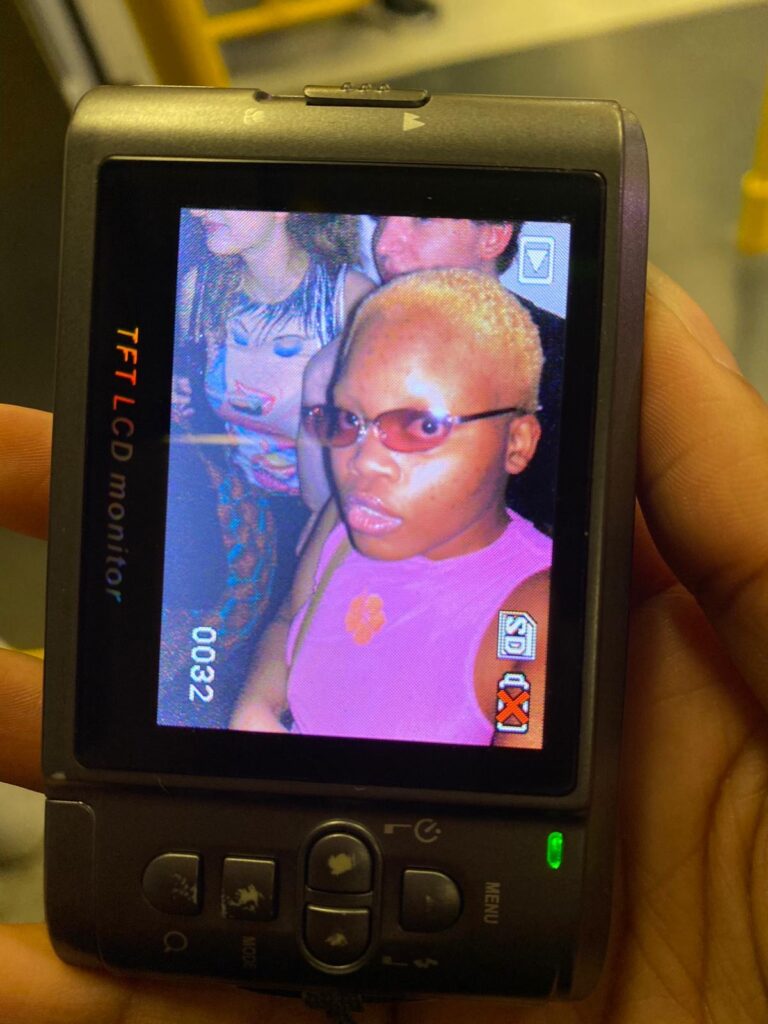
“Shaving my head has helped me to experiment identity-wise,” she says. “After I started shaving my head, I started to experiment with different colours without the fear of frying my hair or messing it up, because I could just buzz it again if I did. I have so many different colours to choose from, and I often like to style my outfits around the colour of my hair.”
The transformative process that Sihle describes in playing with the buzzcut style has a powerful inward effect too. Hair is instrumental in self-actualisation, and this idea is a core belief of Deptford-hair-salon-owner Tuttii (they, them), 34.
“When you go somewhere where the hairdressers actually listen to you, and they capture your vision or create something that really works for you, that can change your life,” Tuttii says. “That’s important to us as a salon, and why we have this space: it’s to transform peoples’ lives through their hair.”
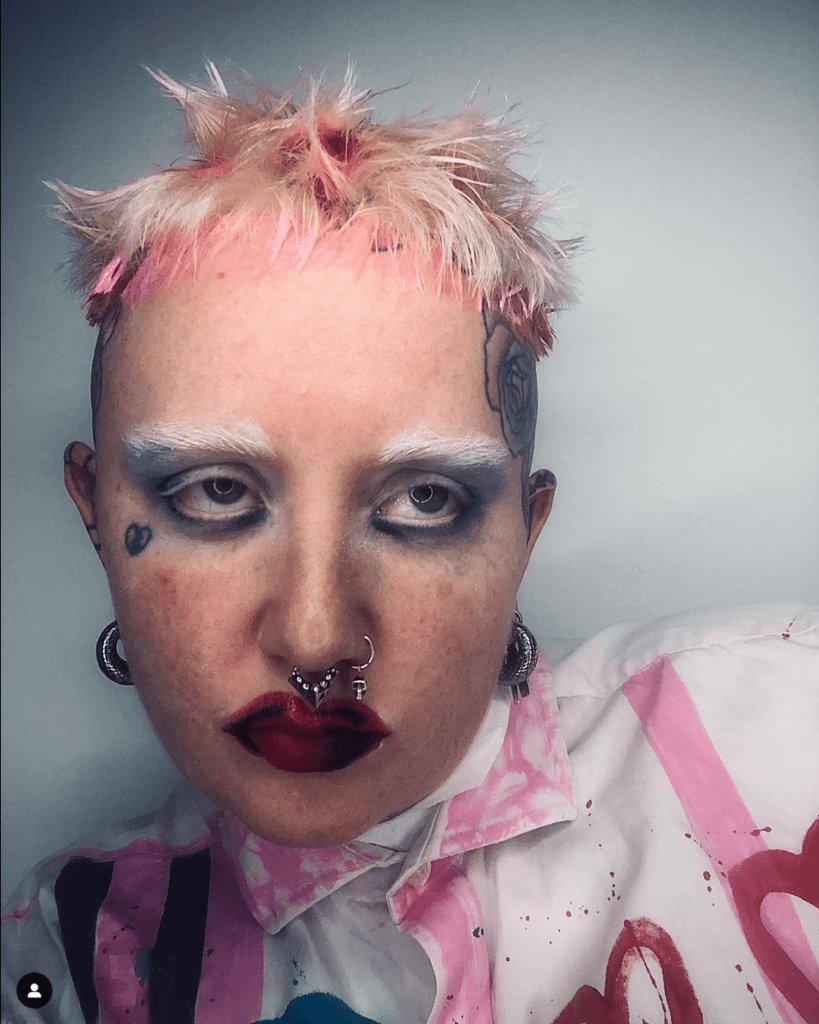
Having been cutting hair since 2014, first from a caravan on the grounds of a disused school in South East London and then in their Deptford salon, Tuttii Fruitti, Tuttii provides a unique space for those who want to harness hair in a way that goes beyond grooming. Calling it “creative hair therapy,” Tuttii understands that the right changes to your style can be as empowering as therapy, and all you need to achieve this radical brand of emancipation is an electric clipper and a brave face.
Having less hair gave me more freedom in actualising every part of who I am.
Sihle, 23
Reason 2: Economically Sensible and Convenient
Perhaps a more tangible benefit of the buzzcut style, one can expect to be saving a lot of time getting ready for a night out and spending a lot less on styling products. Brandon (he/they/them/”it”/”whatever you fancy”) is a 24-year-old enthusiastic partygoer, intent on pushing the boundaries of his identity while navigating the boundless London queer scene. He is thrilled about his slap-head style.
“It’s the cheapest, most cost-effective way to maintain a hairstyle,” notes Brandon. “I can’t afford to be going to the barbers every month!”
By extension, for people of colour, hair density means your locks might take control of you, as explained by Sihle.
“I’m much more comfortable with it being at a shorter length,” Sihle says. “My buzzcut journey started when I turned 21 and I decided to just cut it all off. I was bored – my hair would get tangled because I didn’t take care of it as much as I should’ve. I struggled to maintain it; usually I would just cover it up in wraps or wear it in protective hairstyles like braids and stuff like that – but I just decided I had enough of living like that. I wanted to start my twenty-first year with a different look and different vibe, so I just shaved it.”
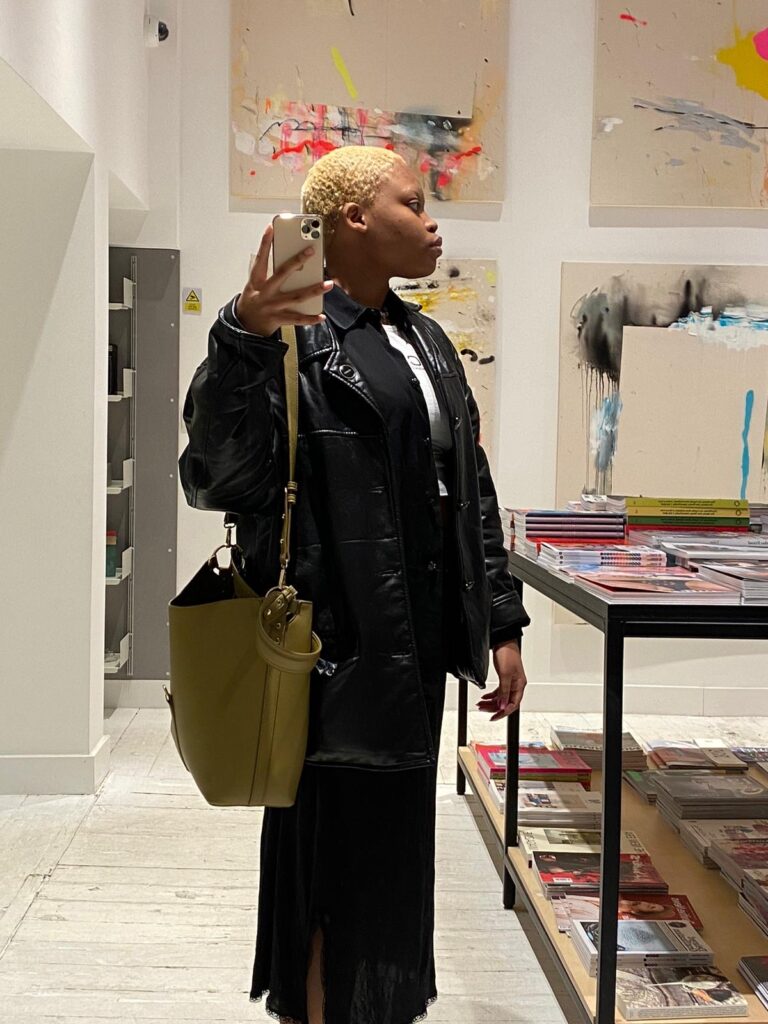
Reason 3: Destructive of Gendered Modes of Expression
In the Tuttii Fruitti salon, around 80% of the clientele are members of the LGBTQIA+ community. Those who identify as trans, gender-fluid, non-binary and many others with queer identities attend the salon because of its customer-centric approach; they aren’t prescribed conventional, gendered haircuts which don’t represent who they are. While Tuttii provides people a way to express their identity as extremely, artistically and individually as they want, they explain that the fascinating reflexivity of a buzzcut can undermine divisive constructs such as gender by obscuring its definitions and disembodying the concept.
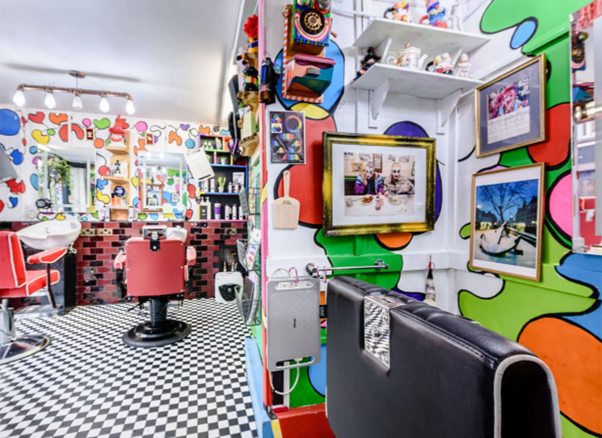
“I love to shave my hair,” Tuttii says. “One of the reasons I love to shave my hair is because it makes me feel masculine. In myself, like in my energy and how I feel inside, I feel like quite a masculine person. I can actualise that feeling by shaving all my hair off. It’s so empowering; it makes me feel strong, and I just love that hard look.
“I think [the buzzcut] works well on everybody – it’s such a powerful look, but so versatile. Someone can shave their hair and it can make them feel really feminine, make them feel like their face looks soft and beautiful.”
Brandon plays upon the style in a similar way. “I shave it now because I feel genderless, I feel ‘cunt.’ Since moving to London, and experimenting with gender a lot more, going to raves and other events, having a shaved head helps me feel genderless. I feel like an alien little cunt and I love it.
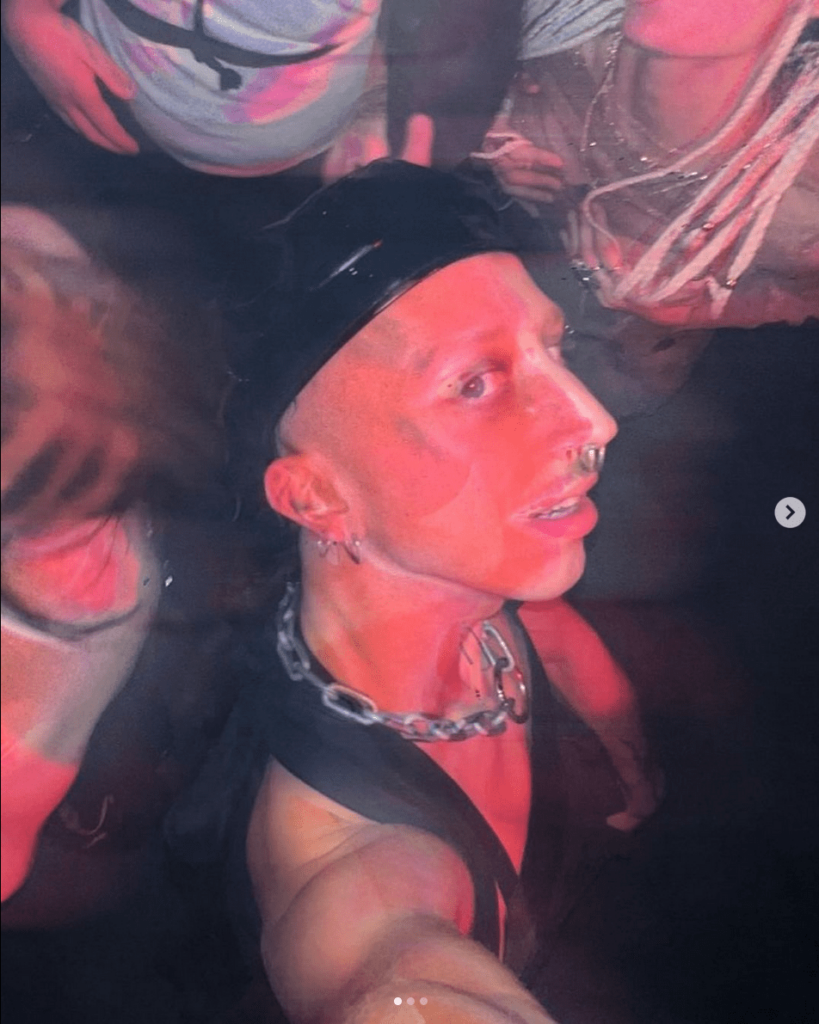
“It’s hard to describe the power I feel,” Brandon adds.” It’s like an ephemeral mix of being masculine and feminine, and neither at the same time, and taking control of those distinctions myself.”
I shave my head because I feel genderless, I feel ‘cunt.’ I feel like an alien little cunt and I love it.
Brandon, 24
Reason 4: Powerful Symbolic and Cultural Versatility
Subcultural Britain has seen the buzzcut reappropriated, hijacked and weaponised as protest many times over the late twentieth century. Arguably, the trend began in East London in the 1960s, when Traditional Skinheads – contemporaneous, working-class bastions of reggae music – would don the style to mimic prominent West-Indian artists. Evolving from there as a symbol of subordination, the variety of ideologies the style signifies leaves it open to symbolic interpretation.
Tuttii explains: “The main thing is that every hairstyle is connected to an image. When people see someone with a shaved head and they’re walking down the street, a lot of people think that they’re hard or could be a troublemaker or something like that, because of the reputation skinheads have had.”
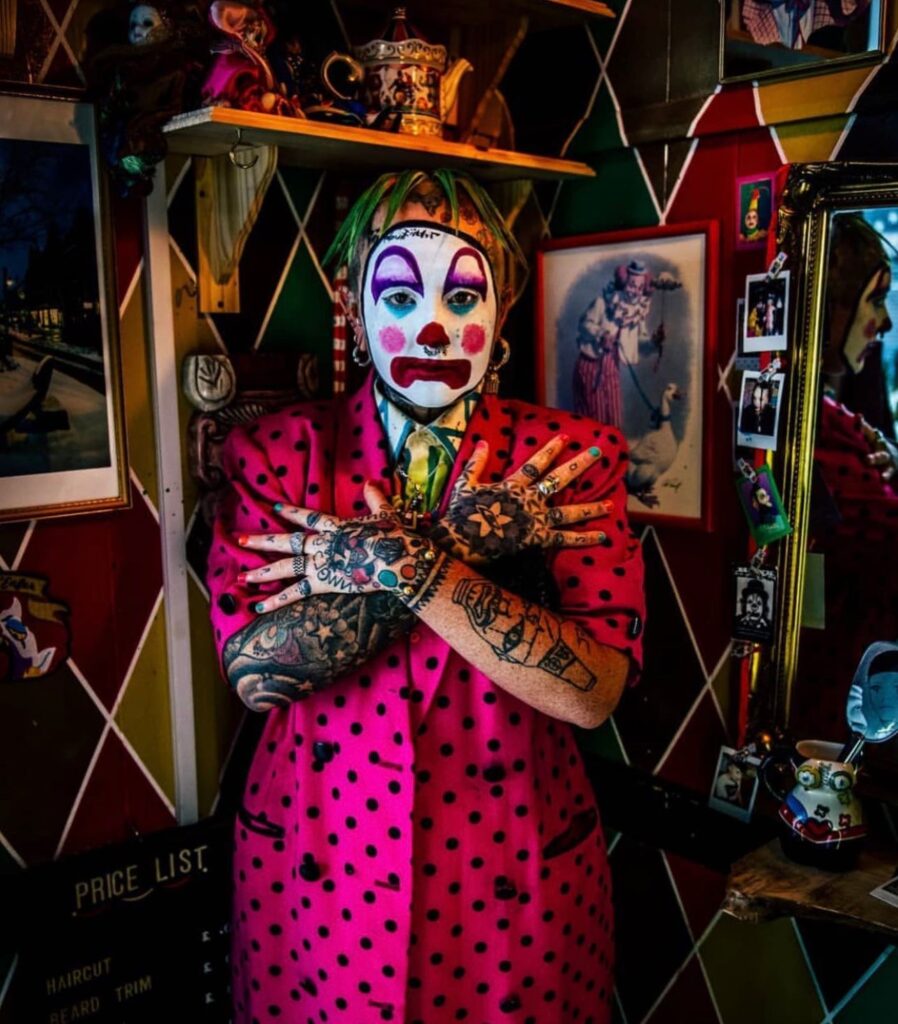
“A certain choice of style does not always mean someone wants to express a feeling synonymous to that image. It all just depends on how you feel. That’s the beauty of a good haircut.”
The working-class associations of the buzzcut style form an intersection with gay culture, according to Brandon.
“Trigger Films, a gay porn studio from the mid-2000s used to film a lot of films called “Scally,” which is working class men in the chavvy look, tracksuits, skinhead hairstyle, shooting porn. I want to emulate that style. “Of course, I’m definitely on the [left-wing side of skinheads], like northern soul. On the flip side, I love gabba music, like shell-suits and tracksuits and frap-core. I don’t know to be honest, I’m spoiled for choice!”
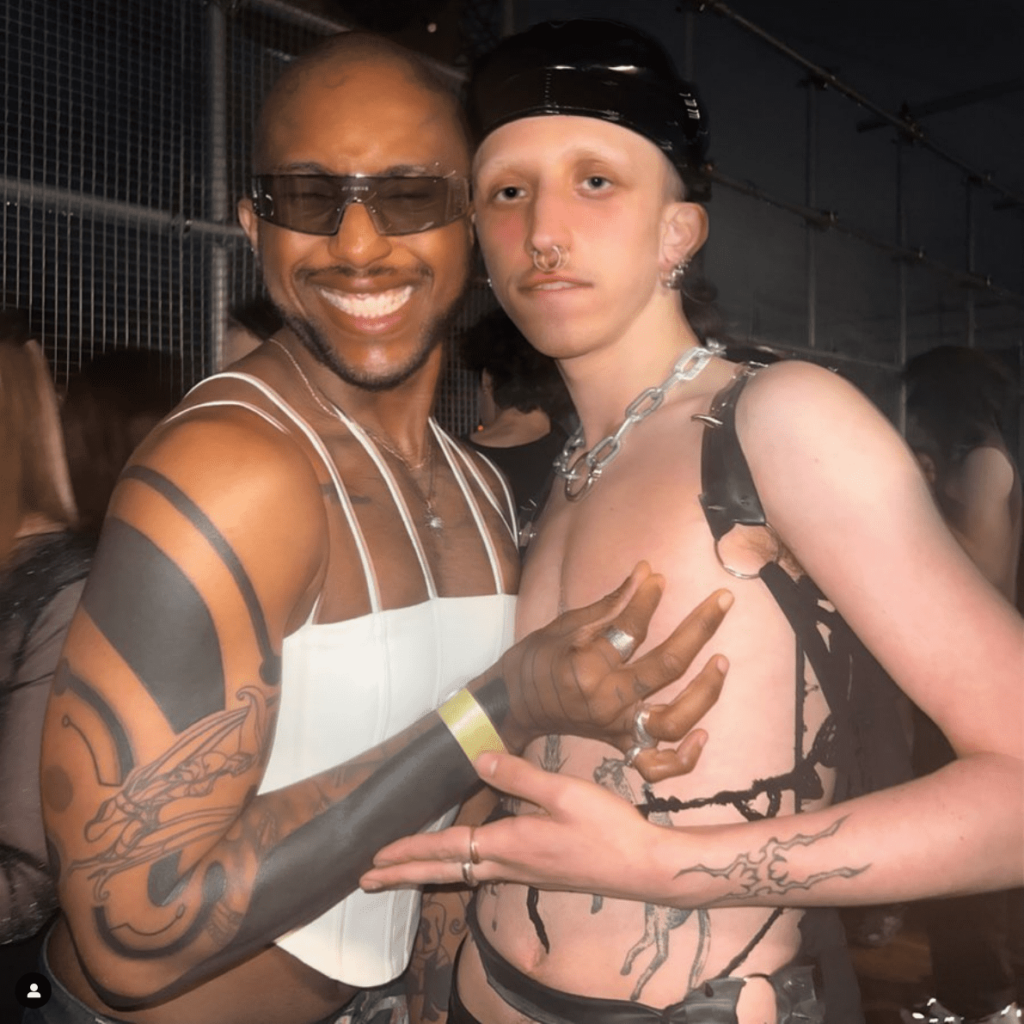
Aside from political inclination, the buzzcut is a style that can help someone connect with their heritage culture. Sihle asserts that “hair can showcase peoples’ creativity and personality, especially in the black community. There’s a variety of fun hairstyles connected to black culture that not only represents it but helps people stand out and reveal their personalities.”
“In terms of the buzzcut, shaving my head helped me to become comfortable with having my natural hair too,” Sihle adds. “Having less hair gave me more freedom in actualising every part of who I am.”
